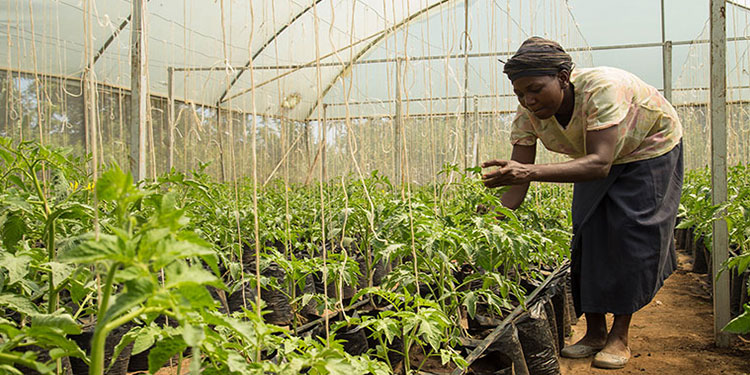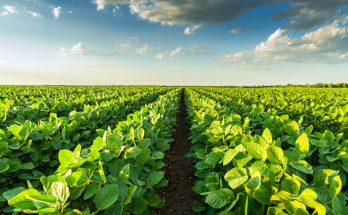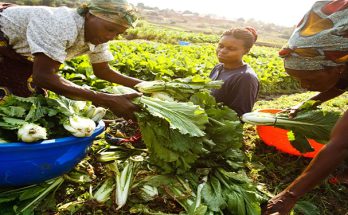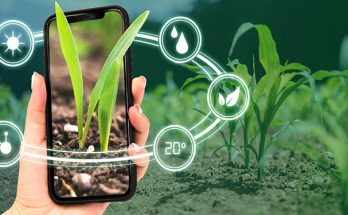 Climate Smart Agriculture (CSA) has been introduced in Uganda by the United Nations Development Programme (UNDP) and the Common Market for Eastern and Southern Africa (COMESA). This resilient agriculture intends to increase agricultural production and alleviate food insecurity in the country as a result of climate change.
Climate Smart Agriculture (CSA) has been introduced in Uganda by the United Nations Development Programme (UNDP) and the Common Market for Eastern and Southern Africa (COMESA). This resilient agriculture intends to increase agricultural production and alleviate food insecurity in the country as a result of climate change.
The agriculture sector in Uganda contributes 24 percent to GDP and employs 64 percent of the population. Agriculture, on the other hand, is particularly vulnerable to climate change, and farmers are losing crops and cattle as a result of frequent floods and extended droughts. In response to these concerns, Uganda is forming alliances with the United Nations Development Programme (UNDP) and the Common Market for Eastern and Southern Africa (COMESA) through a project called “Building Resilience in Agricultural Landscapes and Value Chains.”
This Climate Smart Agriculture (CSA) initiative, which was launched in 2019, has already been implemented in numerous districts, including Kamuli in the country’s east. By increasing the capacity of farmers, schoolchildren, and local government extension workers, Ugandan government partners have been able to boost farmland yields while conserving soil and water resources. Farmers were also taught climate-resilient farming practises during workshops.
The use of tractor-drawn rippers, according to the UNDP, has permitted the manufacturing of herbicides for weed control, as well as allowing farmers to sow earlier and expand the area under cultivation. Farmers were able to engage in large-scale production and improve crop output because to these approaches.
Climate-smart agriculture (CSA) is a strategy for identifying the actions required to alter and reorient agricultural systems in order to effectively promote agricultural development and food security in the face of climate change. This technique has three primary goals: raising agricultural yields and incomes in a sustainable manner, maintaining food security, adapting and creating resistance to climate change impacts, and lowering or eliminating greenhouse gas emissions.




